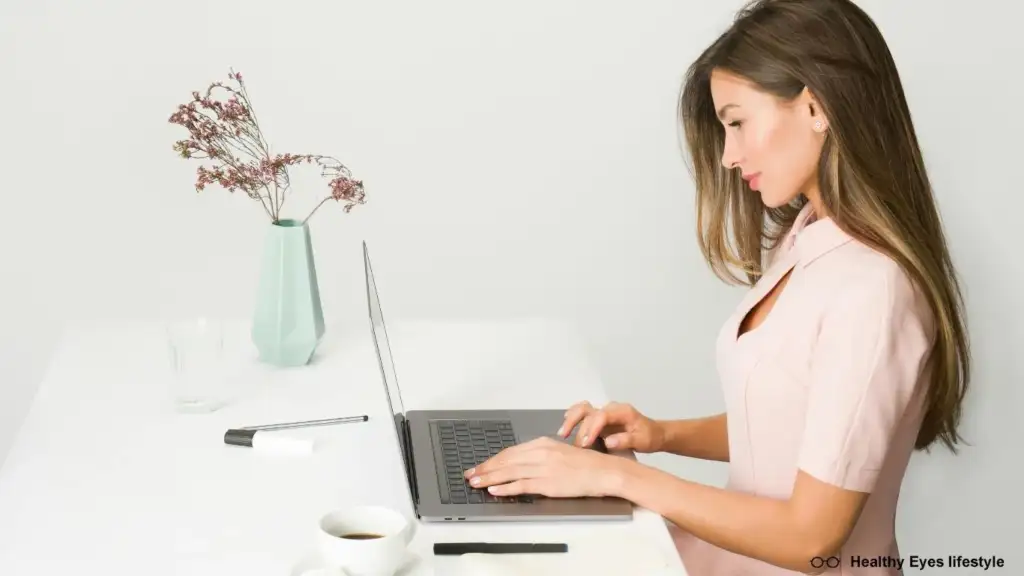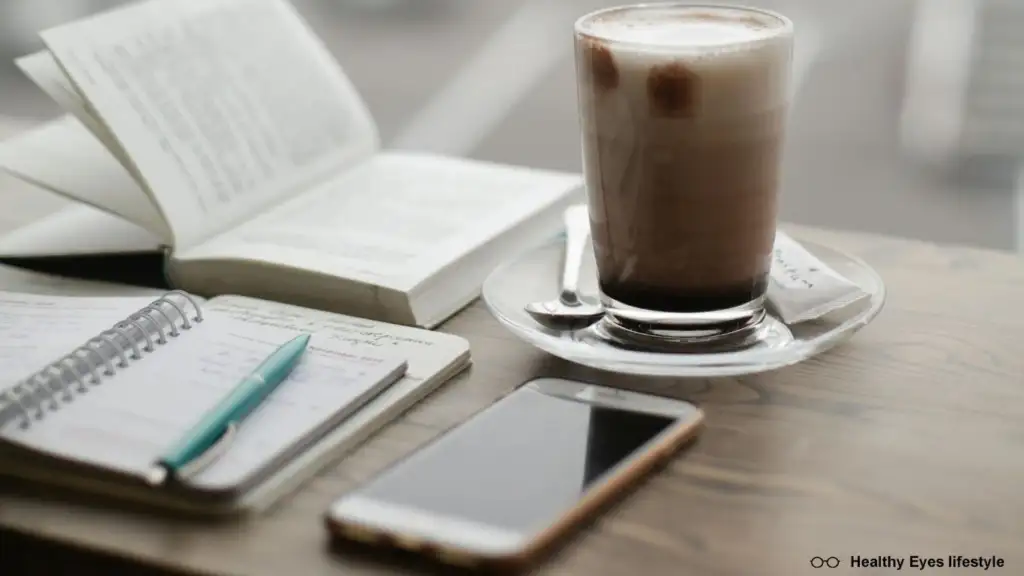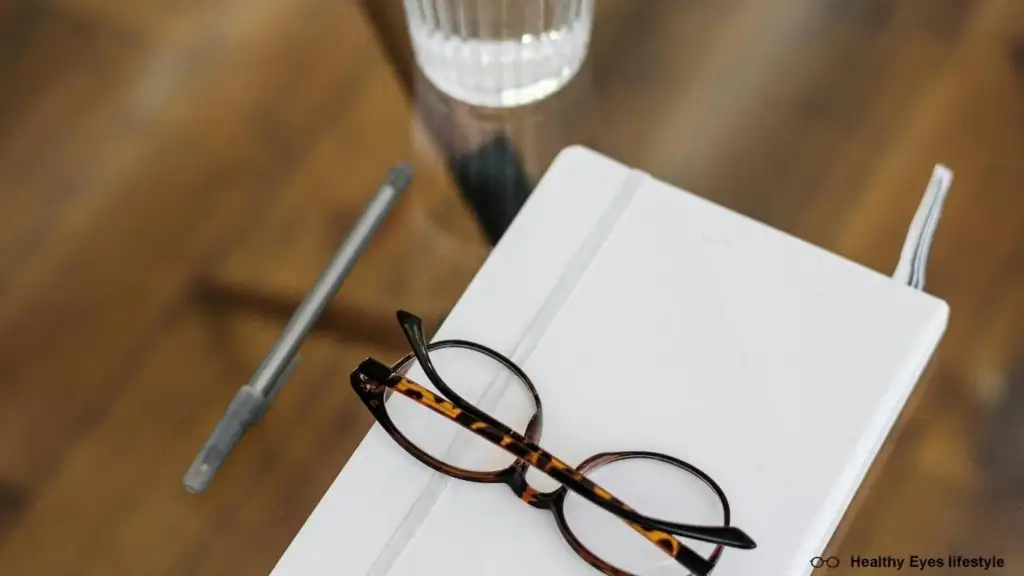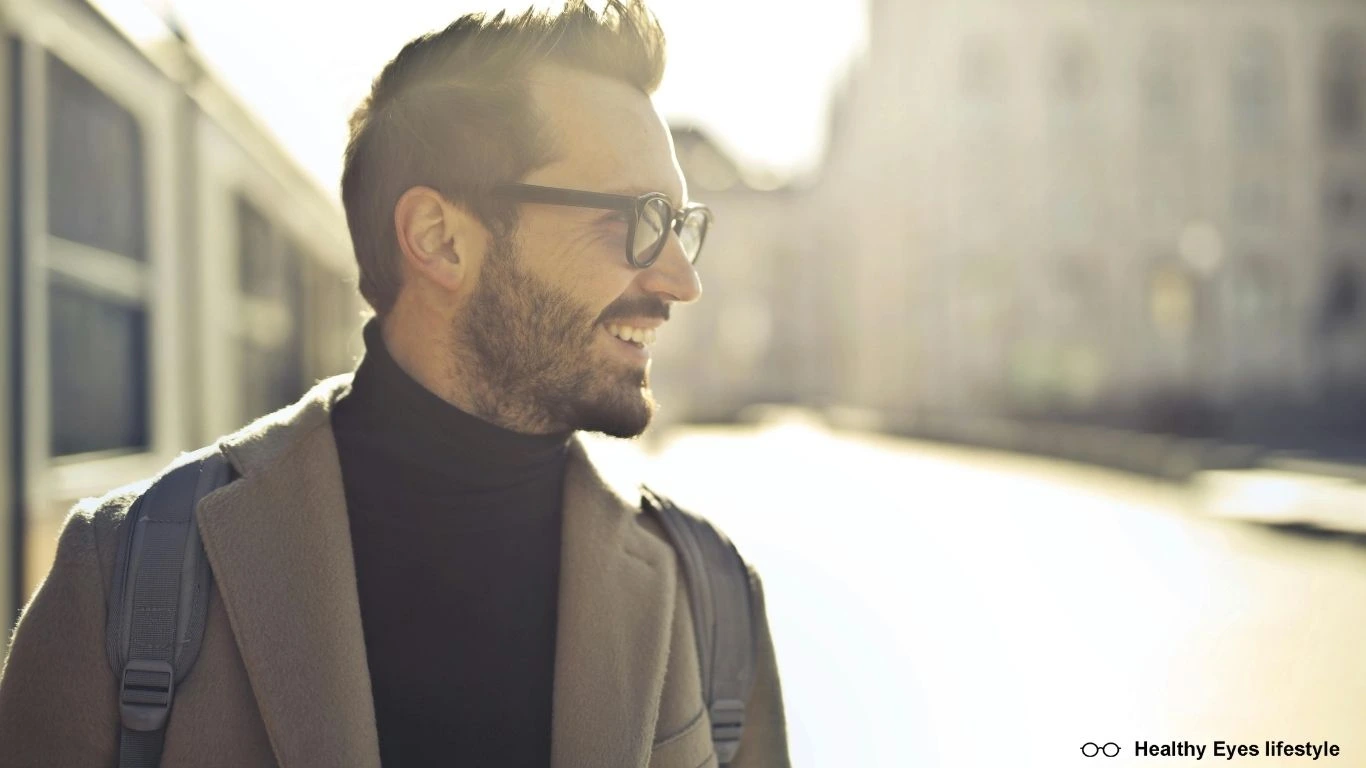Share This Article
Table of Contents
Introduction: Is Your Vision Changing? You’re Not Alone
Have you noticed the world around you losing some of its clarity? Maybe reading the small text on your phone has become harder, or perhaps distant road signs seem blurrier than they used to. You’re not alone in this experience, and it’s completely natural to feel concerned. Vision changes can be unsettling, especially when they seem to occur without warning. The good news is that understanding why your eyesight is getting worse is the first step toward taking control of your eye health.
In this article, we’ll explore the common reasons behind worsening vision, from natural aging to lifestyle factors, and share practical tips to help you maintain and protect your eyesight. Let’s dive into the causes and solutions so you can see the world with clarity again.

Common Causes of Worsening Eyesight
The Natural Aging Process (Presbyopia)
One of the most common reasons for declining vision is aging, specifically a condition known as presbyopia. As you age, the lens in your eye becomes less flexible, making it harder to focus on nearby objects. If you’ve noticed yourself holding reading materials farther away to see clearly, presbyopia could be the culprit.
Key Facts About Presbyopia:
- Most people begin to experience presbyopia in their 40s or 50s.
- It’s a natural part of aging and not necessarily a sign of a serious eye condition.
- Reading glasses or prescription lenses can help correct this issue.
Lifestyle Factors
Your daily habits and routines play a significant role in your eye health. Here are some common lifestyle factors that may be contributing to worsening eyesight:
Screen Time and Digital Eye Strain
In today’s digital world, most of us spend hours staring at screens. Prolonged screen time can cause digital eye strain, leading to symptoms like:
- Blurry vision
- Dry eyes
- Headaches
What You Can Do:
- Follow the 20-20-20 rule: Every 20 minutes, look at something 20 feet away for 20 seconds.
- Adjust your screen settings to reduce brightness and glare.
- Use blue light-blocking glasses to minimize the impact of screen exposure.

Poor Nutrition
Your diet has a direct impact on your eye health. A lack of essential nutrients can weaken your eyes and make them more susceptible to conditions like macular degeneration and dry eyes.
Key Nutrients for Eye Health:
- Vitamin A: Found in carrots, sweet potatoes, and mangoes, it supports night vision.
- Lutein and Zeaxanthin: Present in spinach, kale, and egg yolks, these antioxidants protect against damage caused by blue light.
- Omega-3 Fatty Acids: Found in salmon, walnuts, and flaxseeds, they help prevent dry eye syndrome.
Underlying Health Conditions
Worsening eyesight isn’t always caused by aging or lifestyle factors. Sometimes, it’s a symptom of an underlying health condition. Here are two common examples:
Diabetes
Diabetic retinopathy, a condition caused by high blood sugar levels damaging the blood vessels in your retina, is a leading cause of vision loss. Early detection through regular eye exams is crucial.
High Blood Pressure
High blood pressure can strain the blood vessels in your eyes, leading to problems like hypertensive retinopathy. Managing your blood pressure can help protect your vision.
myopia progression
Your prescription may need updating, or you could be experiencing a condition like myopia progression or astigmatism. Regular eye exams can help address these issues. Myopia, also known as nearsightedness, is a common vision condition where distant objects appear blurry while nearby objects remain clear. This occurs when the eye grows too long from front to back or when the cornea is too curved, causing light to focus in front of the retina instead of directly on it. Myopia often progresses over time, particularly during childhood and adolescence, as the eye continues to grow.
Factors like genetic predisposition, prolonged close-up tasks (such as reading or screen use), and insufficient outdoor time have been linked to its worsening. Frequent focus on nearby objects can strain the eyes, potentially accelerating myopia’s progression. While corrective lenses or contact lenses can help manage the condition, they do not prevent further elongation of the eye. New interventions, such as orthokeratology lenses, atropine eye drops, and increased time outdoors, are being explored to slow myopia’s advancement.
Hyperopia progression
Hyperopia, or farsightedness, is a condition where distant objects are seen more clearly than nearby ones because the eye does not focus light directly on the retina. This happens when the eyeball is too short or the cornea has insufficient curvature, causing light to focus behind the retina. Hyperopia can worsen over time due to age-related changes or increased eye strain from prolonged close-up tasks like reading or using digital devices.
As the eye’s natural lens loses flexibility with age (a condition known as presbyopia), the eye’s ability to compensate for hyperopia diminishes, making the symptoms more noticeable. Additionally, if untreated, hyperopia can lead to constant strain on the eye muscles, potentially accelerating its progression. Routine eye exams and corrective lenses are essential for managing hyperopia and minimizing the impact of worsening vision.
Signs You Should See an Eye Doctor Immediately
Red Flags to Watch For
While gradual changes in vision are often normal, some symptoms require immediate medical attention. Contact an eye doctor if you experience:
- Sudden vision loss or blurred vision.
- Persistent eye pain or discomfort.
- Floaters or flashes of light in your vision.
These could be signs of serious conditions like retinal detachment or glaucoma, which require prompt treatment to prevent permanent vision loss.

The Importance of Regular Eye Exams
Scheduling routine eye exams is one of the best ways to protect your vision. During an exam, your eye doctor can:
- Detect early signs of eye conditions.
- Update your prescription if needed.
- Provide personalized recommendations for maintaining eye health.
How to Protect and Improve Your Eyesight
Healthy Habits for Better Vision
Small changes to your daily routine can make a big difference in preserving your eyesight:
- Limit screen time and take regular breaks.
- Wear sunglasses that block 100% of UVA and UVB rays when outdoors.
Eye Exercises to Reduce Strain
While they won’t reverse serious eye conditions, eye exercises can help relieve strain and improve focus. Try these:
- Focus Change Exercise: Hold your finger a few inches from your face, focus on it, then shift your focus to a distant object. Repeat 10 times.
- Blinking Exercise: Close your eyes tightly for a few seconds, then open them and blink rapidly. This helps refresh your eyes and prevent dryness.
The Role of Diet in Eye Health
A nutrient-rich diet can do wonders for your vision. Here’s a quick recipe to boost your eye health:
Vision-Boosting Smoothie
| Ingredient | Amount | Benefit |
| Spinach | 1 cup | Rich in lutein and zeaxanthin |
| Carrot | 1 | High in vitamin A |
| Orange | 1 | Packed with vitamin C |
| Flaxseeds | 1 tbsp | Source of omega-3 fatty acids |
| Water or Almond Milk | 1 cup | Hydration and nutrients |
Blend all ingredients until smooth, and enjoy a delicious drink that supports your eye health.
FAQs About Worsening Eyesight
Why is my eyesight getting worse even though I wear glasses?
Can screen time permanently damage my eyesight?
While digital eye strain is typically temporary, prolonged exposure to screens can contribute to long-term issues like myopia. Using screen protection strategies can minimize this risk.
Are there natural ways to improve vision?
Yes! A balanced diet, regular eye exercises, and protective habits like wearing sunglasses can all support healthy vision.
Conclusion: Take Control of Your Vision
Experiencing changes in your vision can be unsettling, but it’s important to remember that you have the power to take charge of your eye health. By understanding the causes of worsening eyesight, adopting healthy habits, and seeking regular eye care, you can protect your vision for years to come.
Don’t wait for your eyesight to worsen further. Schedule an eye exam today and take the first step toward maintaining clear, healthy vision. Your eyes will thank you for it!



